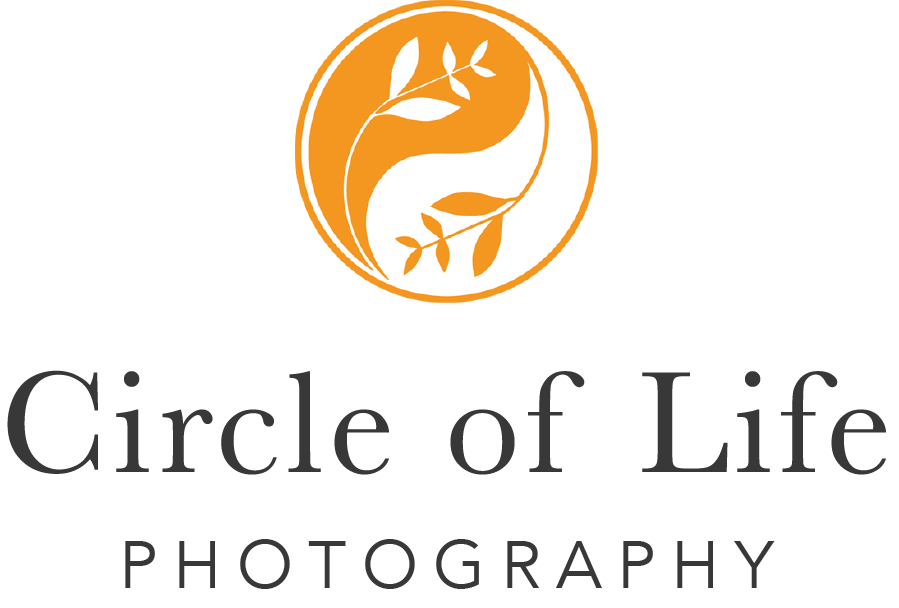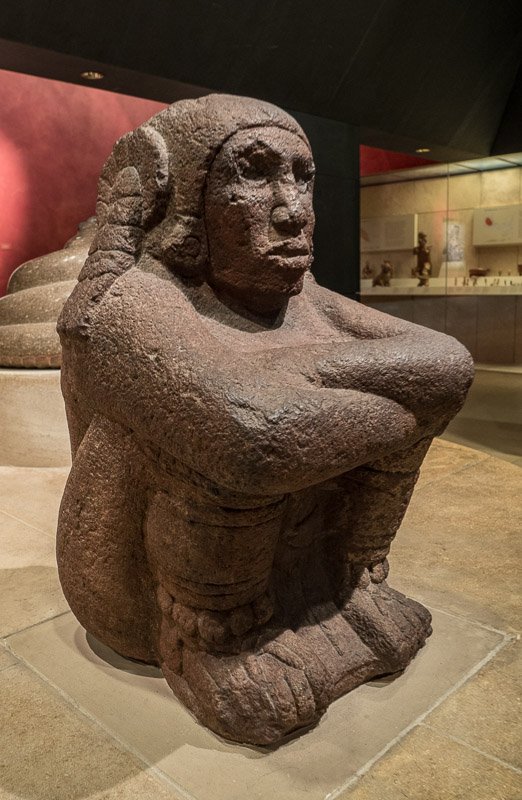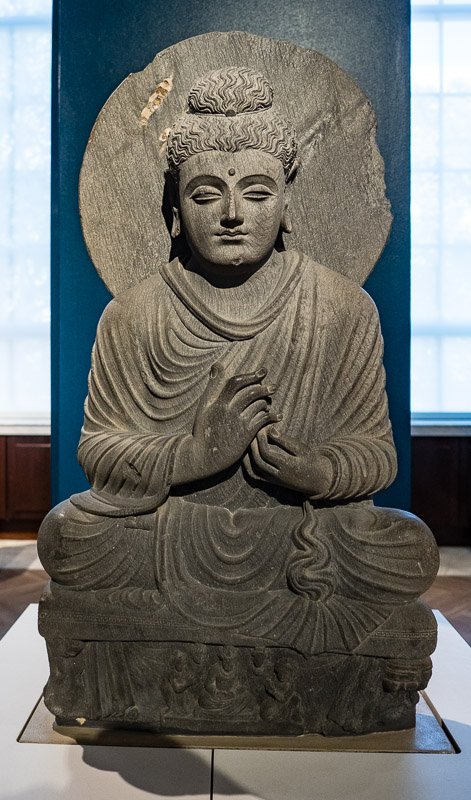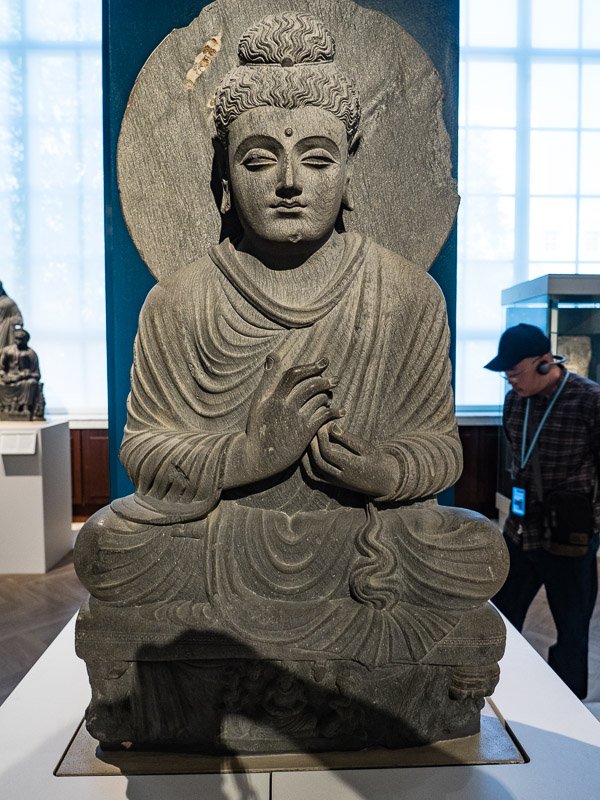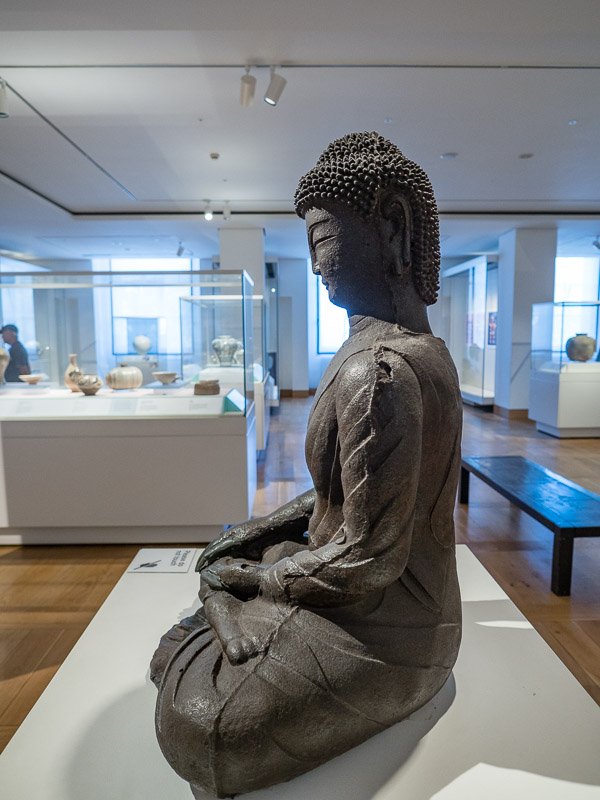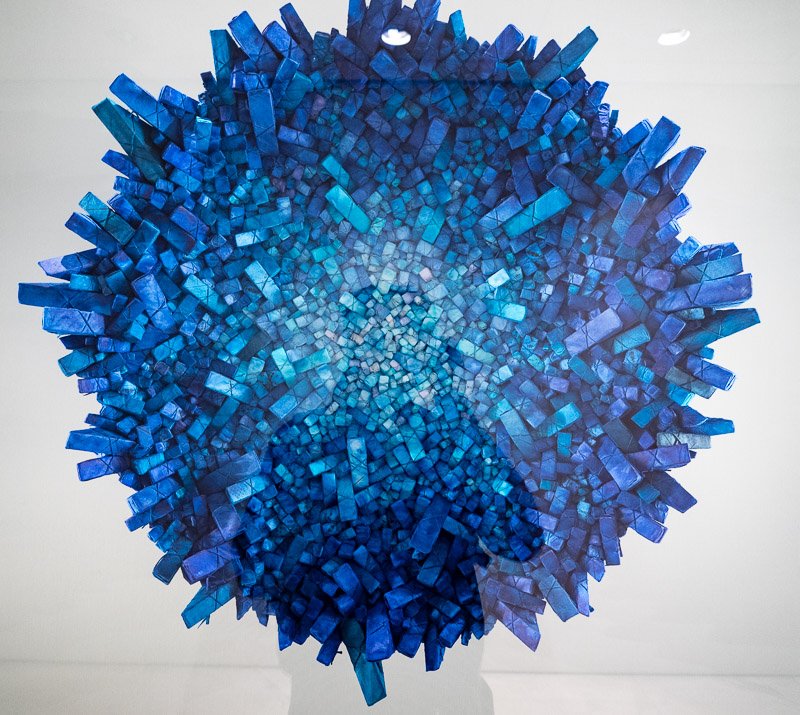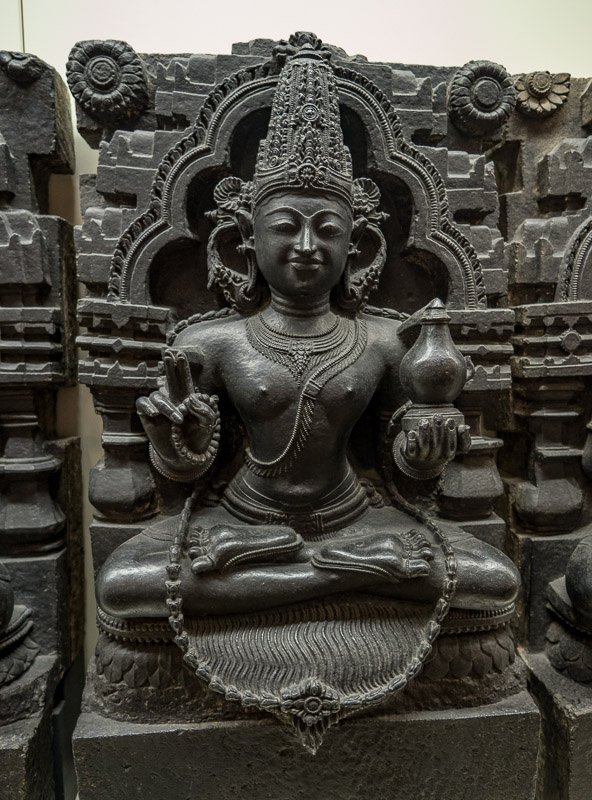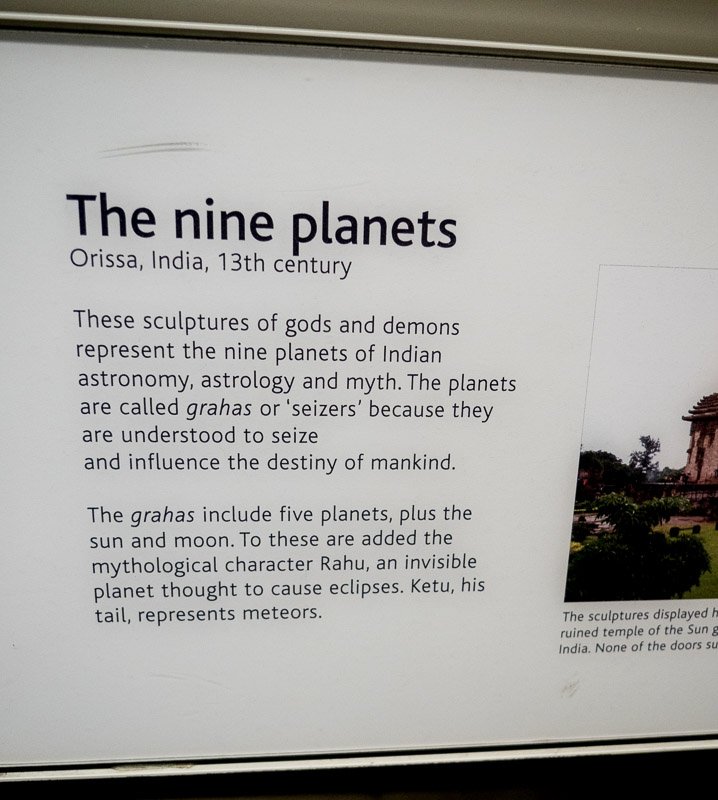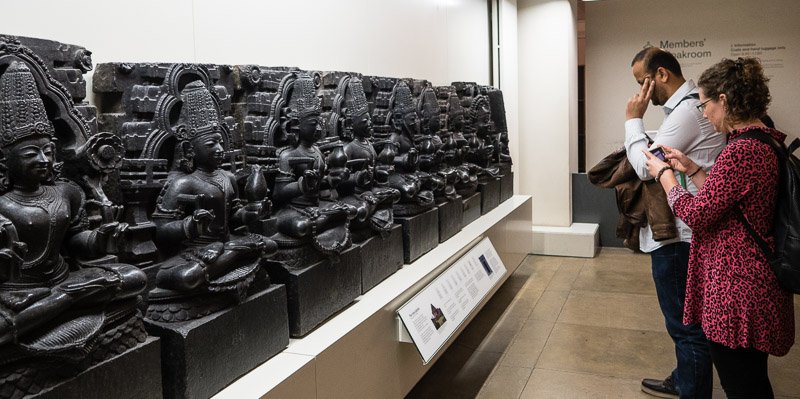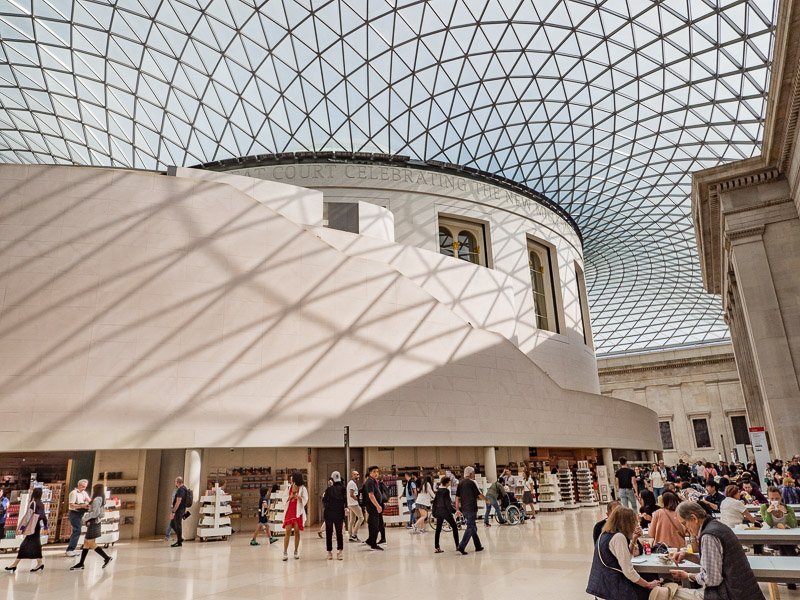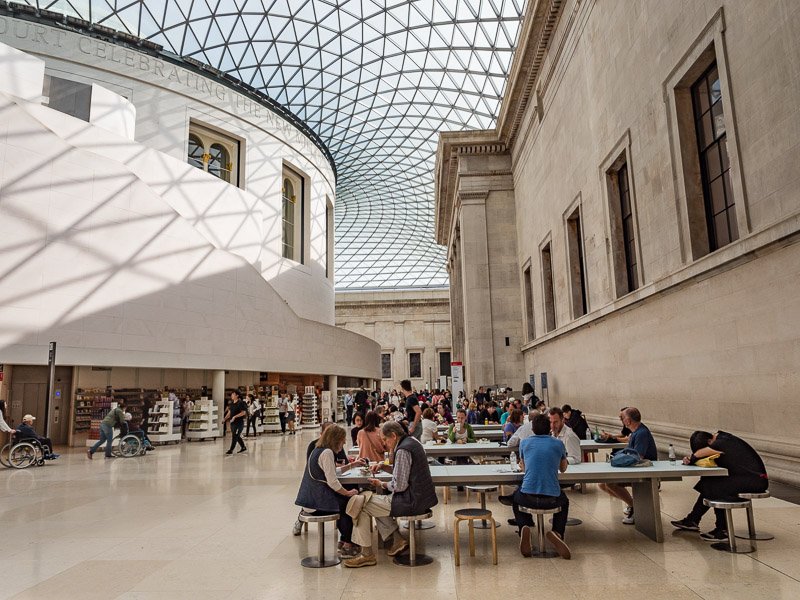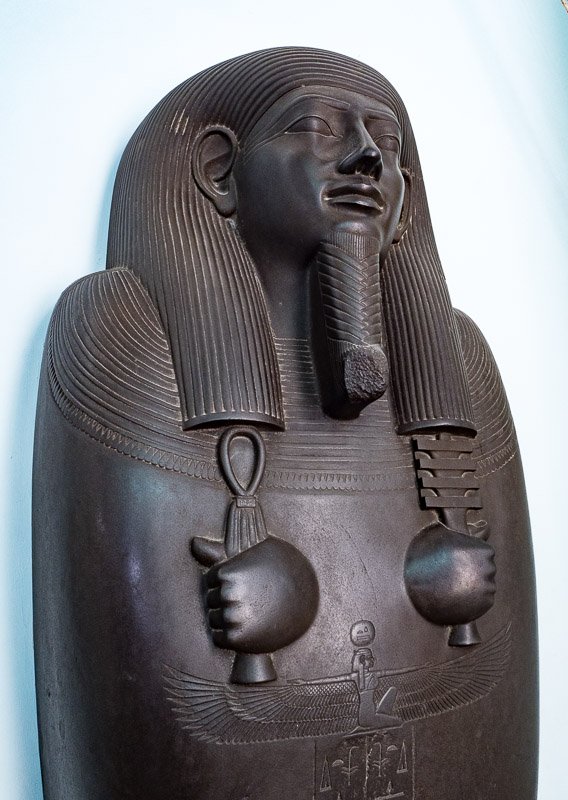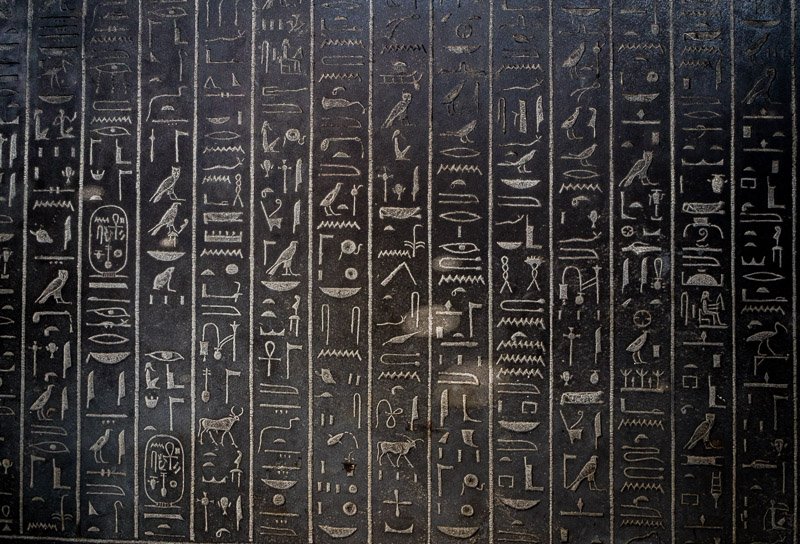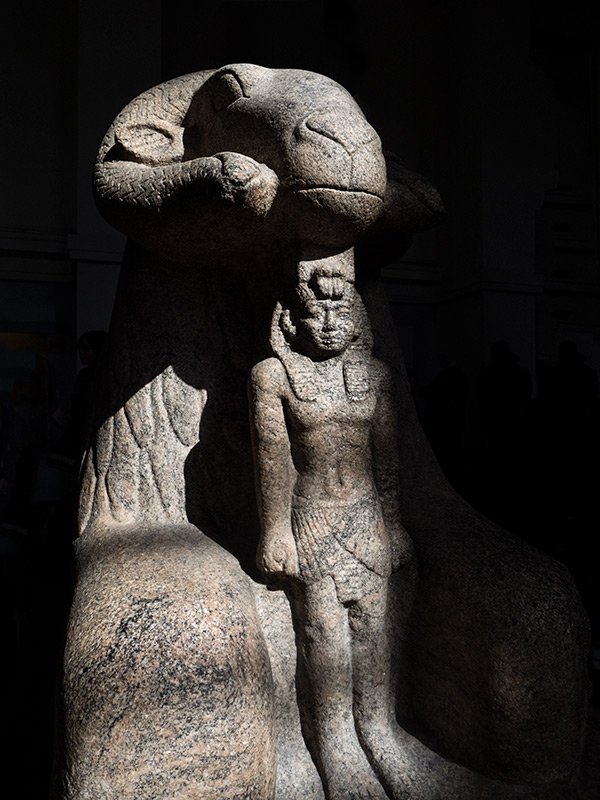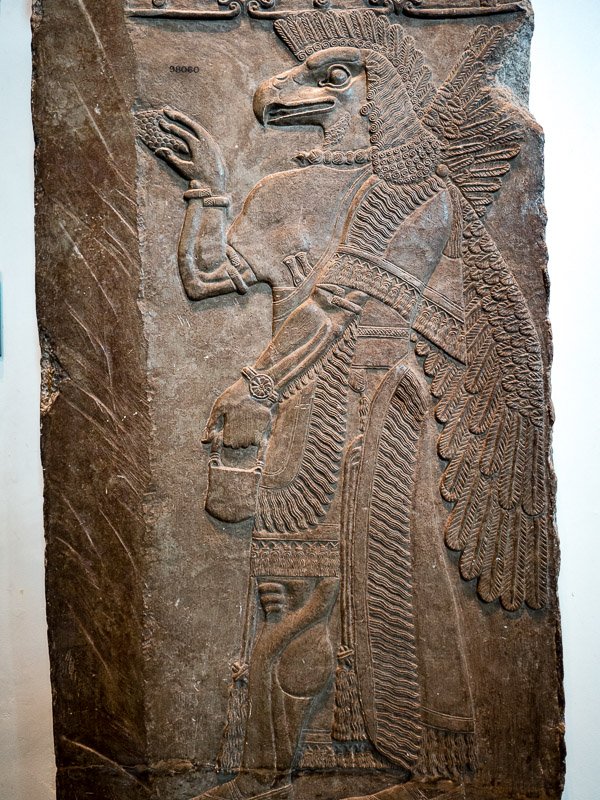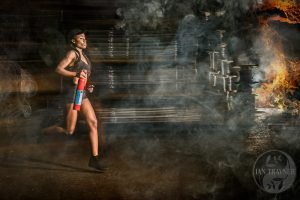Visiting the British Museum
Do you know the British Museum allows it’s visitors to take photos of it’s collection?
I treated myself to a “day off” and visited the British Museum
One of the excellent things about the British Museum is that they allow visitors to take photographs. At least in the form of “tourist photos” which is what I was doing. I arrived before the queues had built up, and after going through security and bag search, I was in.
The British Museum’s iconic roof window
This was my first visit to the museum since the iconic roof window was built. So, being a tourist, I took some snaps.
Walking stone sculpures
I don’t know if the British Museum curators know some of their statues can walk about? I took these photos of “stone sculptures of female deities” from Huaxtec. It was only later I noticed that the deity at the front took a step forwards before I took the second photo! Her movement is a lot more obvious if one can toggle between the photos (rather than scroll).
Alien versus Predator
I didn’t read the description of the following, but I think I recognize it as coming from a huge pyramid in an ice cave deep beneath the Arctic somewhere.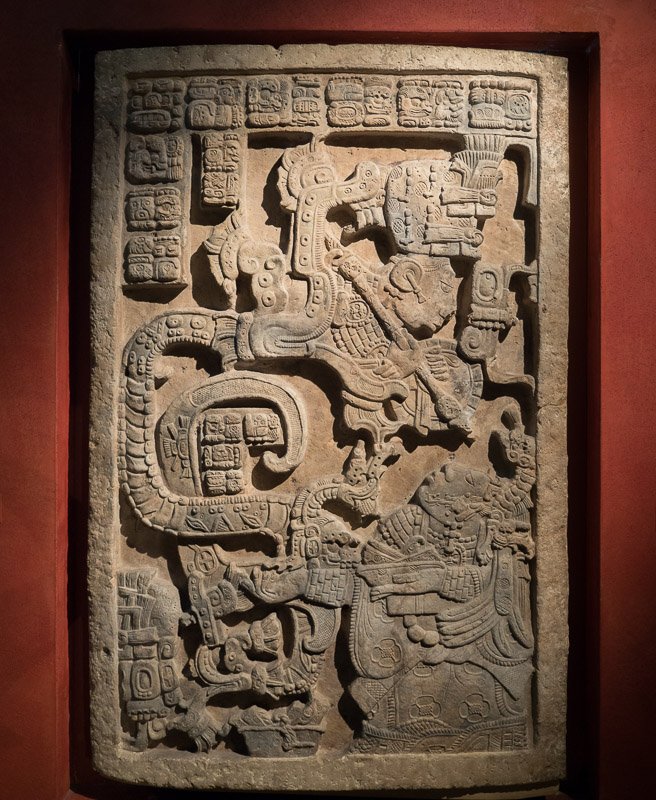
Even deities have bodily functions
Here is a photo of a grumpy female deity doing a dump (I don’t know how the experts know it is a female deity).
A real conundrum
The next three photos were taken in succession, and I have no explanation for the pure whiteness of the second photo. Did my camera capture a moment of enlightenment?
“Head forward and up”…
…or maybe not
(This joke is for followers of the “Alexander Method”)
A very subtle self portrait
Can you see me?
The nine planets
The British Museum contains many priceless objects of eye watering beauty and craftsmanship. The museum kindly and gently educates us just enough to know what we are looking at. Assuming the information is accurate of course.
For example, just inside the museum’s rear entrance (in Montague Place) you can see statues of the nine planets. These are eyewateringly beautiful sculptures of gods and demons that represent the 9 planets of Indian astronomy, astrology and myth (according to the plaque). As usual, the museum educates with a few well chosen words.
Back into the British Museum’s iconic lobby
Where one can buy some expensive refreshments and rest one’s feet. On the day I visited about 60 or 70 percent of the visitors had an oriental appearance. You can see one of them sleeping in the second photo. He was still there after I finished my refreshments.
The British Museum has an excellent collection of Ancient Egypt
Some people look very content when they are dead (stunning craftsmanship).
Heiroglyphs
Is this evidence that the ancients talked too much?
The Rosetta Stone at the British Museum
Talking of talking the British Museum also has the Rosetta Stone. It was surrounded by a crush of visitors, so I didn’t take a photo of it. I’ve seen it before anyway (will people recognise this is a joke?) If you want to find out more or see a photo follow the link.
Bah Ram Ewe
I have included this photo because I feel an affinity for it
Assyrian collection
Another example of extraordinary craftsmanship
Detail of the handbag and wrist watch
A final view before leaving
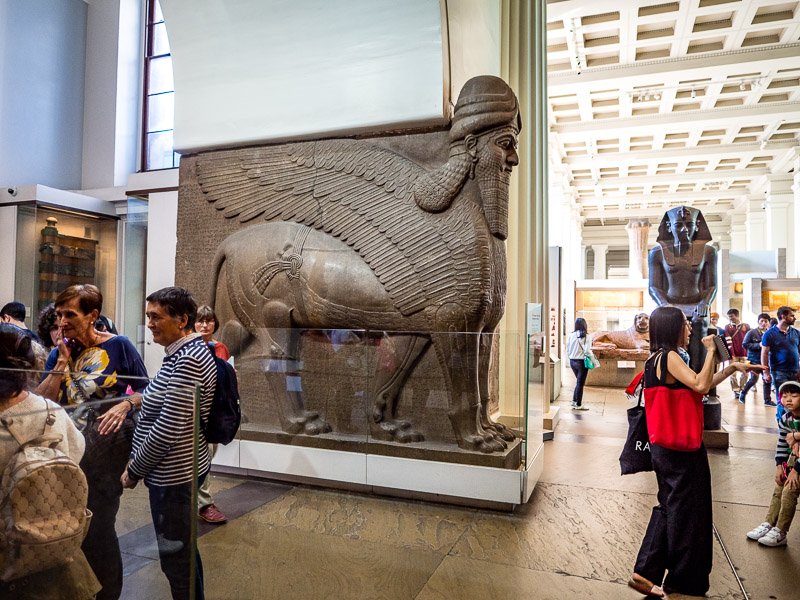
Technical info
For what it is worth these photos were taken using an Olympus OMD EM-1 MkII fitted with a 12mm lens (equivalent to a 24mm lens on a full frame camera). This combination is extremely light and easy to carry around. Worn with a Black Rapid camera strap one doesn’t really notice it at all. I did bring another lens with me, but I didn’t use it.
In my (allegedly humble) opinion all cameras are a compromise (for variables that include but are not limited to price, weight, size, speed of shooting, performance in low light, resolution and image quality, etc, etc)
The EM-1 MKII is quite severely limited by being unable to take professional quality images at any iso higher than 800. But it is extremely light, and it has some excellent lenses. Personally I also don’t like the controls. But it can shoot totally silently… and bla bla.
